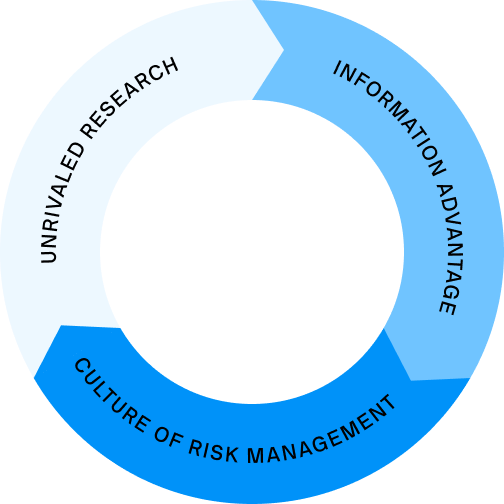Trusted lenders of our clients' capital for over 150 years
Fiduciary excellence is at the core of our practice

Source: J.P. Morgan Chase & Co., J.P. Morgan Asset Management and Morningstar. The manager seeks to achieve the stated objectives. There can be no guarantees those objectives will be met. Past performance is not indicative of comparable future results. See additional disclosures at the end of this deck for more information regarding Morningstar.
1ETF AUM data as of December 31, 2024.
2As of 12/31/24. Source: Morningstar. Methodology: Calculated by adding total AUM of all share classes beating 10-year primary prospectus benchmark, divided by total AUM of all with a 10-year track record.
Building stronger fixed income portfolios with J.P. Morgan
An appropriately diversified fixed income portfolio across core, core complements and extended sectors that seeks to help investors generate income, provide diversification to equities and lower overall portfolio volatility.
Extended sectors
seek to provide higher income and yield
Core complements
seek to reduce correlation to core fixed income
Core holdings
seek lower volatility and diversification to equities

Featured fixed income investments
Explore our range of fixed income investments to build strong portfolios that align with your clients' investment goals.
Explore our fixed income resources
Explore our fixed income ETFs
